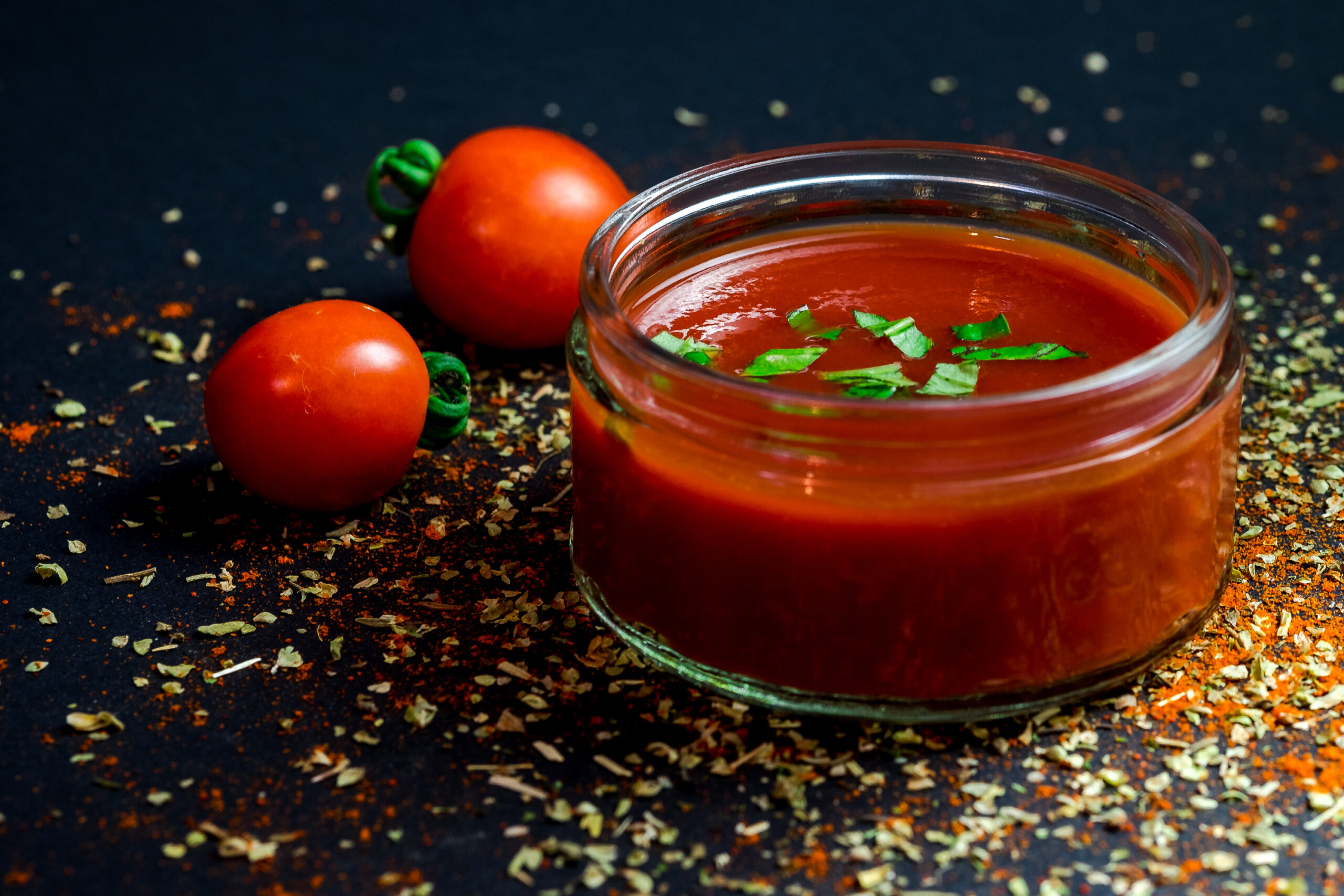When you whip up a batch of delicious spaghetti sauce, chances are you’ll have leftovers. But how long can you keep that opened jar of spaghetti sauce in the fridge before it’s time to bid it farewell? Let’s dive into the details.
Factors Affecting Shelf Life
Ingredients
The composition of your spaghetti sauce plays a significant role in determining its longevity. Ingredients like tomatoes, garlic, and herbs contain natural acids and oils that can affect spoilage rates.
Storage Conditions
Proper storage is crucial. Storing your spaghetti sauce in the refrigerator slows down bacterial growth, preserving its freshness for a longer period.
Contamination
Contamination from utensils or exposure to air can introduce bacteria into your sauce, shortening its shelf life.
How Long Does Spaghetti Sauce Last in the Fridge?
Typically, opened spaghetti sauce can last for about 5 to 10 days in the refrigerator. However, several factors can influence this timeframe.
Refrigeration Guidelines
Ensure your spaghetti sauce is tightly sealed and stored at a consistent temperature below 40°F (4°C). Refrigerator doors are warmer, so store your sauce towards the back for optimal preservation.
Signs of Spoilage
Keep an eye out for any changes in texture, color, or smell. Mold growth or a sour odor indicates that it’s time to discard the sauce.
Extending Shelf Life
Proper Sealing
Transfer leftover spaghetti sauce into an airtight container to prevent exposure to air, which can hasten spoilage.
Using Clean Utensils
Avoid dipping dirty utensils or fingers into the sauce, as this introduces bacteria that can accelerate deterioration.
Refrigerator Temperature
Maintain your refrigerator at the recommended temperature to slow down bacterial growth and extend the lifespan of your spaghetti sauce.
Safety Concerns
Mold Growth
If you notice any signs of mold on the surface of your spaghetti sauce, discard it immediately. Mold can produce toxins that are harmful when ingested.
Bacterial Contamination
Bacteria thrive in moist environments, making opened spaghetti sauce susceptible to contamination if not properly stored.
Foodborne Illnesses
Consuming spoiled spaghetti sauce can lead to foodborne illnesses, causing symptoms like nausea, vomiting, and diarrhea.
Tips for Storing Spaghetti Sauce
Air-Tight Containers
Store your spaghetti sauce in glass or plastic containers with tight-fitting lids to prevent air exposure and contamination.
Labeling and Dating
Label your containers with the date you opened the sauce to track its freshness and avoid consuming it past its prime.
Avoiding Cross-Contamination
Keep raw meats separate from your spaghetti sauce to prevent cross-contamination and bacterial growth.
Creative Ways to Use Leftover Sauce
Don’t let your leftover spaghetti sauce go to waste. Get creative with these ideas:
- Pasta Variations: Use the sauce as a base for lasagna, baked ziti, or stuffed shells.
- Pizza Toppings: Spread it on pizza dough for a quick and flavorful pizza sauce.
- Soup Base: Add broth and vegetables to create a hearty tomato soup.
Conclusion
In conclusion, the shelf life of opened spaghetti sauce depends on various factors such as ingredients, storage conditions, and contamination risks. By following proper storage guidelines and being vigilant for signs of spoilage, you can enjoy your spaghetti sauce safely and deliciously.
FAQs (Frequently Asked Questions)
- How can I tell if my spaghetti sauce has gone bad?
- Look for signs of mold, unusual color changes, or a sour smell.
- Can I freeze leftover spaghetti sauce?
- Yes, freezing leftover sauce can extend its shelf life for up to 3 months.
- Is it safe to consume spaghetti sauce past its expiration date?
- It’s not recommended. Expiration dates indicate the peak freshness and safety of the product.
- Can I use discolored spaghetti sauce?
- Discoloration often indicates spoilage, so it’s best to discard discolored sauce.
- What should I do if my spaghetti sauce smells sour?
- Discard the sauce immediately. A sour odor is a sign of spoilage and bacterial growth.

